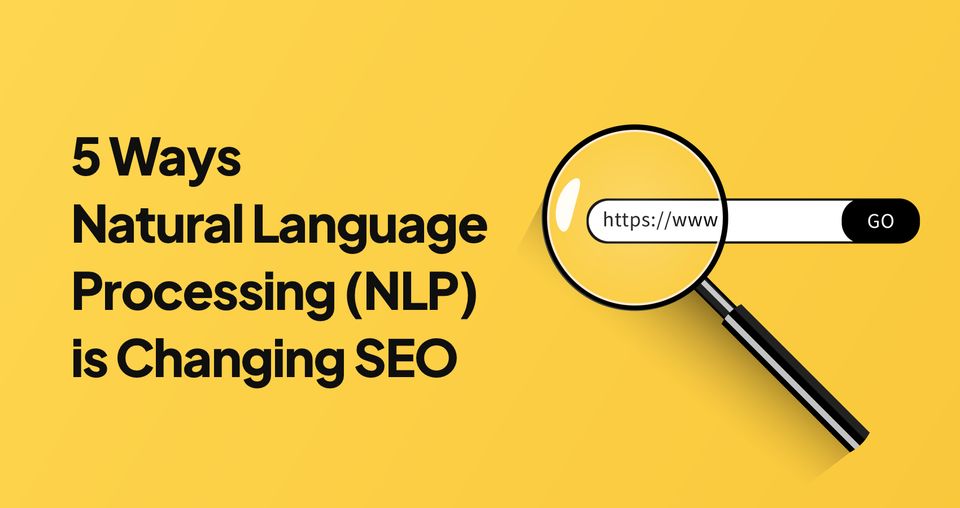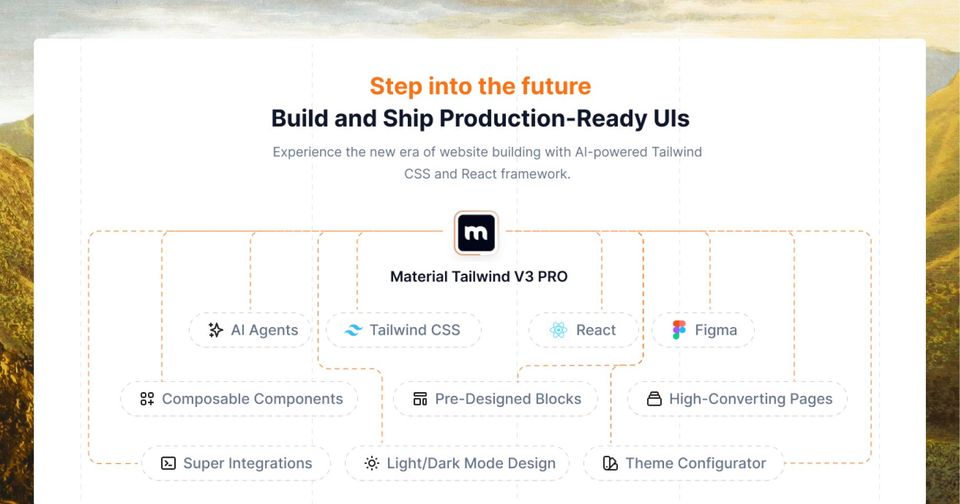New and advanced technologies are gradually re-inventing the way search engines work. Until recently, a search query was interpreted in a literal sense. However, Artificial Intelligence and NLP technology have allowed search engines to understand search intent.
This is revolutionizing browsing for users and search engine optimization for content providers. Whether a large-scale business or an individual content creator, you need to modify your SEO strategy.
This article will cover some major changes that NLP has had on SEO. Understanding these changes will help you determine what is lacking in your SEO plan.
Understanding Natural Language Processing
In order to understand the impact of NLP, we first need to know exactly what it is. Natural Language Processing is an intelligent technology. It is expected that by 2027 the worth of the worldwide NLP market will be worth $61.03 billion.
This technology can intelligently interpret the actual intent of textual information.

In other words, NLP tools and technologies can understand even a prompt or sentence in simple everyday language. The integration of this technology into search engines is going to be very beneficial. Now, search results will become extremely accurate and relevant to the query.
How NLP is Changing SEO?
In the following, there are a few impactful changes that NLP is going to bring to the way in which SEO works.
1 - Enhanced Keyword Research and Analysis
Keywords have always been a vital factor for SEO. Before, things like keyword density and placement were what helped you rank higher in search results. However, this is probably going to change now.

With NLP, the main characteristic of keywords that the search engines will evaluate is going to be their relevancy. The website will only be shown if the intent of the keyword used matches the intent of the user search.
This is also going to be quite beneficial for long-tail keywords. What we mean is that long-tail keywords consisting of somewhat lengthy phrases will now be interpreted by search engines.
2 - Improved Content Optimization
Creating content for SEO reasons always requires a certain level of optimization. This may include error removal and sentence rephrasing. NLP tools have revolutionized this optimization process as well.

These tools are able to understand the meaning of written content and optimize them without destroying their intent.
To understand this, let’s suppose that you have written content for your site. However, after proofreading, you find out that some sentences are hard to read.
So now, you need to rephrase them. In some cases, this can be done manually. However, sometimes, you might not be able to find a fix for your unreadable sentences. In such cases, you can use an NLP-based tool to paraphrase online and get highly comprehensible sentences or content.
3 - Enhanced User Experience
The NLP advancements in SEO are not only affecting content creators or web owners. Internet users or content consumers are also affected by this but in a positive way. With this technology, users can now see exactly what they searched for.

For example, if you search "river banks near me" you won’t see money banks in the search results. In traditional search engines, this could happen because of the keyword "bank".
This means that search engines will now focus not only on literal words but on what they mean.
4 - Advanced Search Engine Algorithms
The integration of NLP isn’t just a simple process. A whole set of algorithm modifications and alterations is taking place in the backend. Google BERT is the technology that handles how to show results to a search query.

This tool followed strategies like searching user history to determine the intent of the keywords entered in a search. But now, it will be integrated with Natural Language Processing. This will, in turn, help Google understand the meaning of searchers better.
Such advancements are going to result in semantic search. This is the type of online searching in which you receive results that match the intent of your search.
5 - Effective Content Creation
Slowly but surely, the need for manually creating content is also fading. In the near future, the use of content generators is going to skyrocket.

Undoubtedly, the creativity gap between humans and machines is massive. So, the need for human supervision and modification is always going to be there. But still, chatbots like Chat GPT have great potential.
If this potential is unleashed, they can soon write full-fledged search-engine-optimized content. This content should be publishable with only a small number of changes.
Conclusion
NLP is a transformative technology that is going to revamp the landscape of digital searching completely. This will improve the experience of internet browsing much more effective and personalized. However, this also means content providers are going to have to up the quality of what they offer.
Now, understanding the search intent of users should be your utmost priority. If you do that, you can create relevant content and rank better in search engines.





